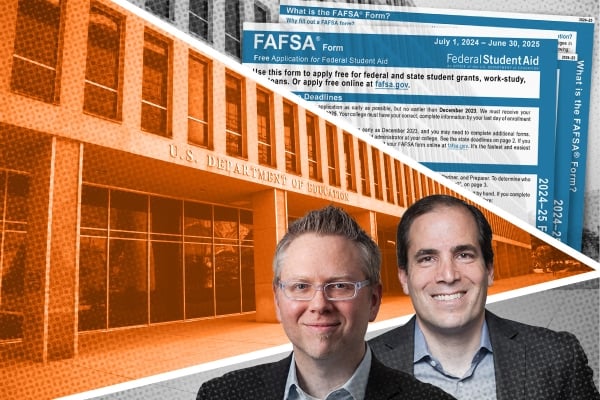The College Board, known for administering standardized tests like the SAT and AP exams, has recently made a move to enter the financial aid space by launching their own version of the Free Application for Federal Student Aid (FAFSA). This move has sparked controversy and concerns among students, parents, and financial aid experts.
The FAFSA is a crucial form that students must complete in order to be considered for federal financial aid, as well as many scholarships and grants offered by colleges and states. The process can be complex and overwhelming for many families, as it requires detailed information about their financial situation. The College Board’s entrance into this arena has raised questions about their motivations and the potential impact on students.
One of the primary concerns about The College Board’s FAFSA takeover is the organization’s reputation for profit-driven motives. The College Board is a non-profit organization, but it has faced criticism in the past for its high fees and focus on revenue generation. Some worry that the organization may prioritize profit over students’ best interests when it comes to handling their financial aid applications.
Another issue is the potential for conflicts of interest. The College Board already administers the SAT, which is often required for college admissions. Students may feel pressured to use The College Board’s FAFSA services in order to ensure a smooth application process for both financial aid and admissions. This could give The College Board a monopoly-like control over students’ college applications and create a barrier for competition and innovation in the financial aid space.
Critics also point out that The College Board’s FAFSA form may not be as user-friendly or comprehensive as the official government form. The FAFSA is a highly detailed document that requires accurate information about a family’s income, assets, and expenses. Any errors or omissions could result in a student receiving less financial aid than they are eligible for. Students and families may not feel comfortable trusting The College Board with this sensitive information, especially given its history of data breaches and security concerns.
Despite these concerns, The College Board has defended its decision to offer a FAFSA form, arguing that it will streamline the financial aid application process for students and help them access more funds for college. The organization has also stated that its FAFSA form will be free to use, and that it will not share students’ data with third parties.
Ultimately, the impact of The College Board’s FAFSA takeover remains to be seen. It is important for students and families to carefully consider their options and research the best practices for completing the FAFSA. Seeking guidance from reputable sources, such as college financial aid offices or independent counselors, can help ensure that students receive the financial aid they need to pursue their higher education goals.



